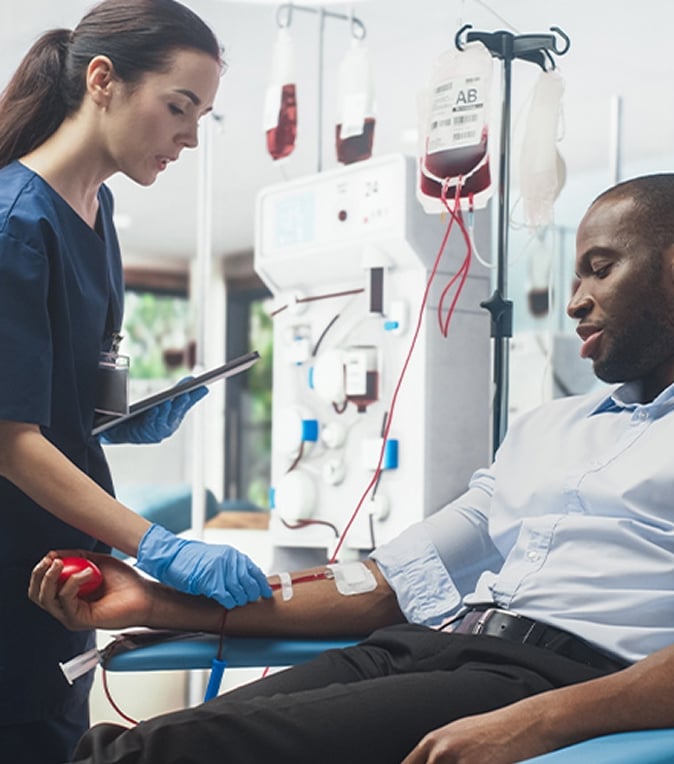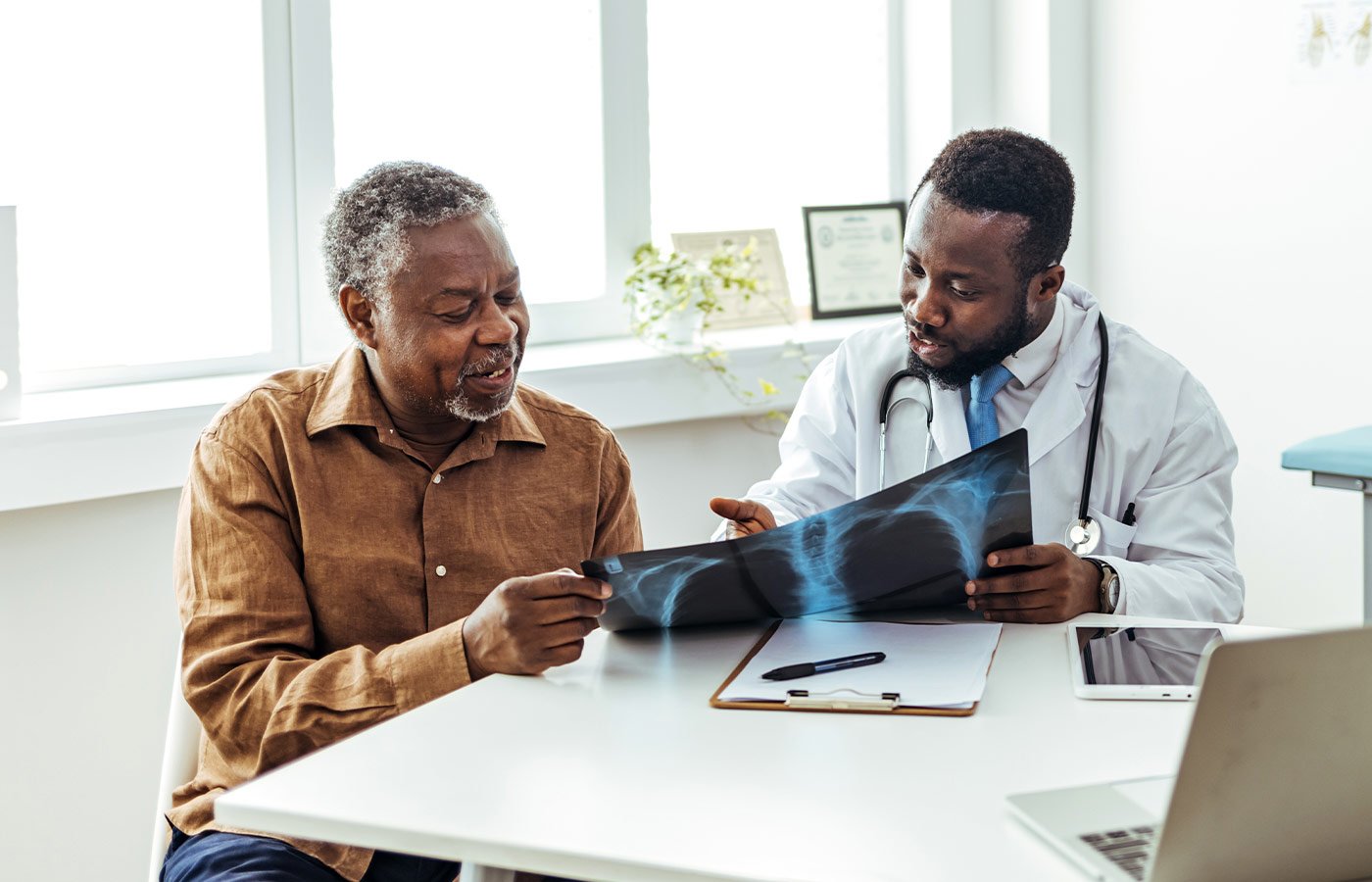Unmatched Lung Cancer Care in Cleveland
Knowing your risk factors and getting a low dose lung screening is key to detecting lung cancer. At MetroHealth, we work to help our community quit smoking and detect lung cancer early.
Quit Smoking

Quitting Smoking Saves Lives
Smoking is the leading cause of preventable death in the U.S., causing over 480,000 deaths per year, according to the American Lung Association. Secondhand smoke is a serious health hazard for people of all ages, causing more than 41,000 deaths each year.
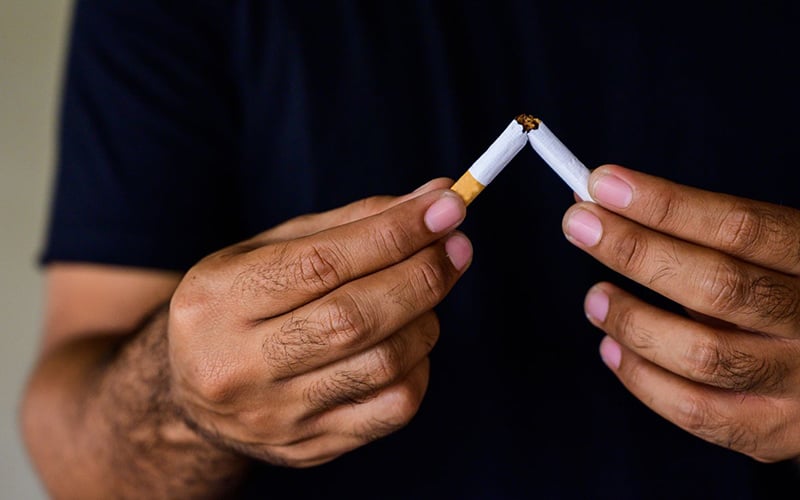
Do you want to quit smoking? MetroHealth can help.
Freedom From Smoking® classes provide the motivation, encouragement and support needed to stop smoking for good. These classes—available online and in-person—are free and open to all adults ages 18+.
Low Dose Lung Cancer Screening
If you are a current or former smoker over the age of 50, you may qualify for a low-dose lung cancer screening. This screening is covered by Medicare, most state Medicaid programs, and private insurance.
Screenings can detect lung cancer early, when it is more likely to be curable. The American Lung Association says if lung cancer is caught before it spreads, the likelihood of surviving 5 years or more improves to 63 percent.
Unfortunately, only 6% of the 8 million people at high-risk for lung cancer in the United States are screened. The statistics are starker for Black Americans, Latinos and Asian Americans, who are even less likely to be diagnosed early.
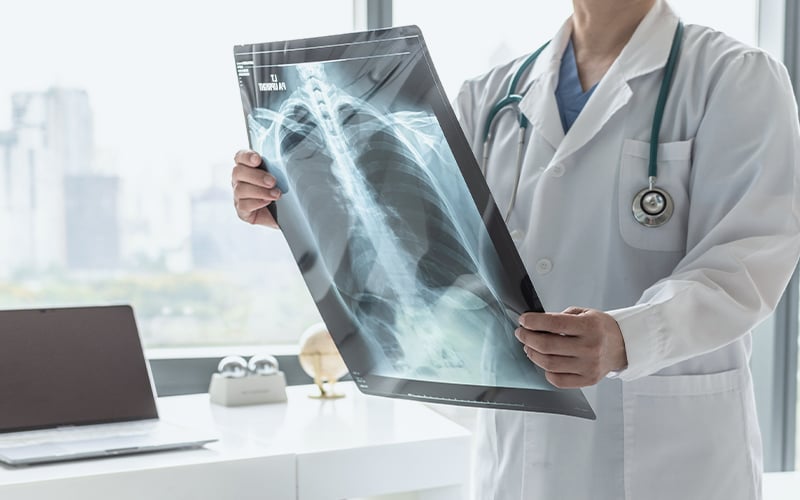
MetroHealth’s Low Dose Lung Cancer Screening is a special kind of X-ray that takes multiple pictures.
A computer then combines these images into a detailed picture of your lungs. The amount of radiation the test exposes you to is very low and very safe. Talk to your doctor if you have concerns about the radiation exposure.
The screening takes less than 10 minutes.
Ask your primary care doctor about getting a screening. If you don’t have a doctor, call 216-778-5500.
Appointments are required. Call 216-778-3456 to schedule.
The Importance of Lung Cancer Screenings
Arvind Suguness, MD talks about lung cancer screenings with Joe and Terry on WKYC Good Company.

Personalized Lung Cancer Treatment
At MetroHealth, our cancer team works together to provide the highest standard of care.
If you are diagnosed with lung cancer, our team will work together to discuss your particular case, how to move forward with treatment, and if any current trials make sense for you. This team approach means that you’ll benefit from years of expertise as we work towards your healthiest possible outcome.
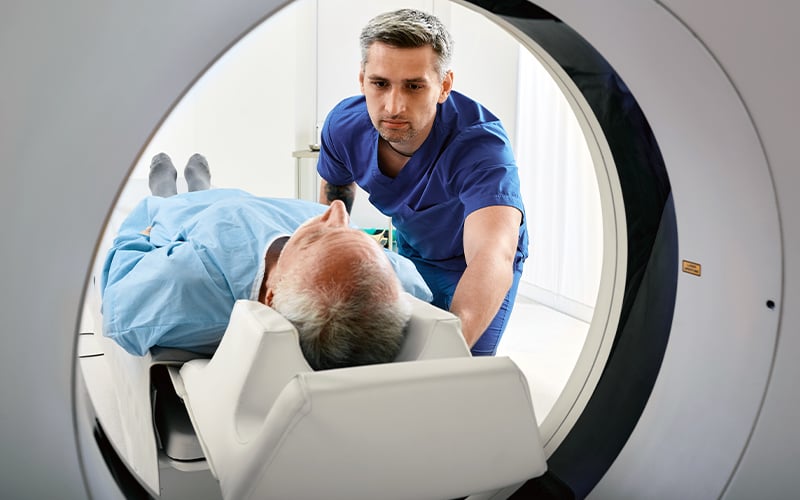
Advanced Lung Cancer Treatment
MetroHealth delivers state-of-the-art lung cancer treatment. Lung cancer treatment often depends on what stage of lung cancer you’ve been diagnosed with. Stage 1 and 2 lung cancers may be treated with surgery to remove cancerous tissue and radiation to kill cancer cells. In stages 3 and 4, our team will include medical oncologists that will develop a personalized treatment plan that may include chemotherapy, immunotherapy, and targeted molecular agents based on the genetic profile of your cancer.
Recovering from Lung Cancer
When you’re recovering from lung cancer, hope is essential. At MetroHealth, you’ll receive care from our oncology team that has been recognized by the American College of Surgeons for the highest possible level of training and expertise.

With You Every Step
MetroHealth cares for you on every step of your journey:
- You’ll benefit from integrated behavioral health services every step of the way, because mental health plays a vital role in well-being.
- We partner with American Cancer Society, The Greater Cleveland Food Bank, and other community organizations to provide support, resources, and care for patients and families.
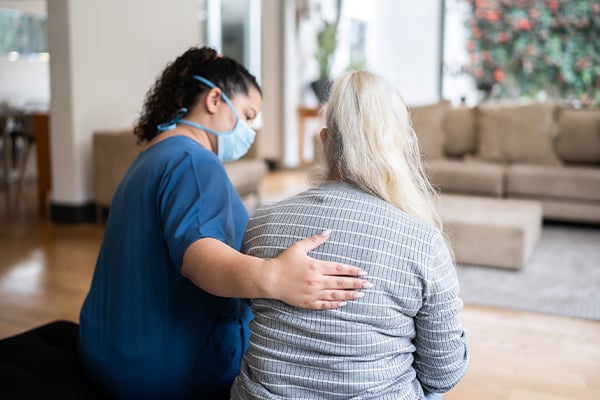
Social Workers Available
MetroHealth provides a social worker to help patients navigate their cancer journey and connect with resources. Call 216-778-8204 to connect with a social worker.

The Gathering Place
MetroHealth partners with The Gathering Place to provide individual, group, and family support services, including nutrition and exercise programs, the Regina Brett Wig Salon, special programs, and legal or financial consultation.
Advancing Care Through Research
At MetroHealth, every oncologist participates in research, bringing advances in cancer care directly to your bedside. We address health disparities by enrolling people from minority populations in clinical trials at more than 4 times the national average.
For more information about our studies, or to enroll in a study that might be right for you, contact our oncology team at 216-77-TREAT.
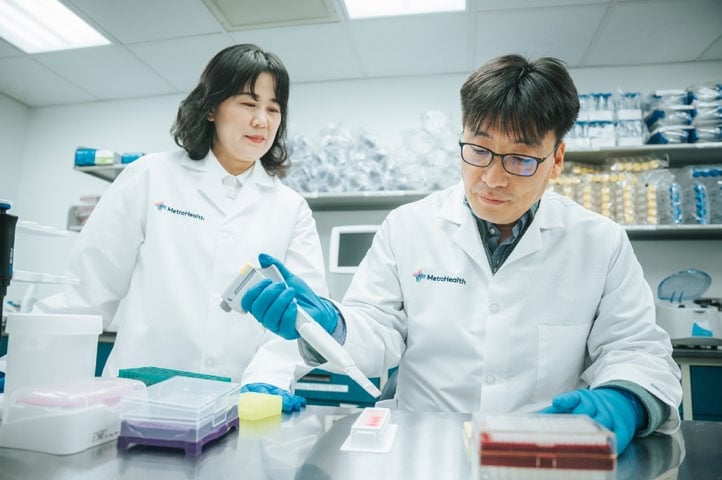

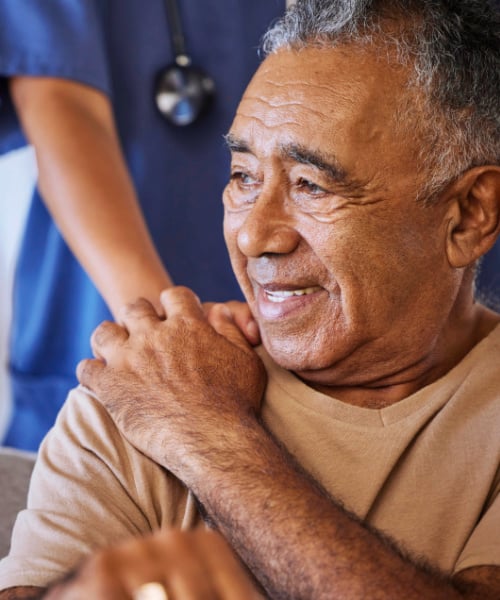
A Team Dedicated to You
The MetroHealth Cancer Institute team is setting a new standard of cancer care in northeast Ohio. MetroHealth offers unmatched, state-of-the-art, and personalized cancer care.
